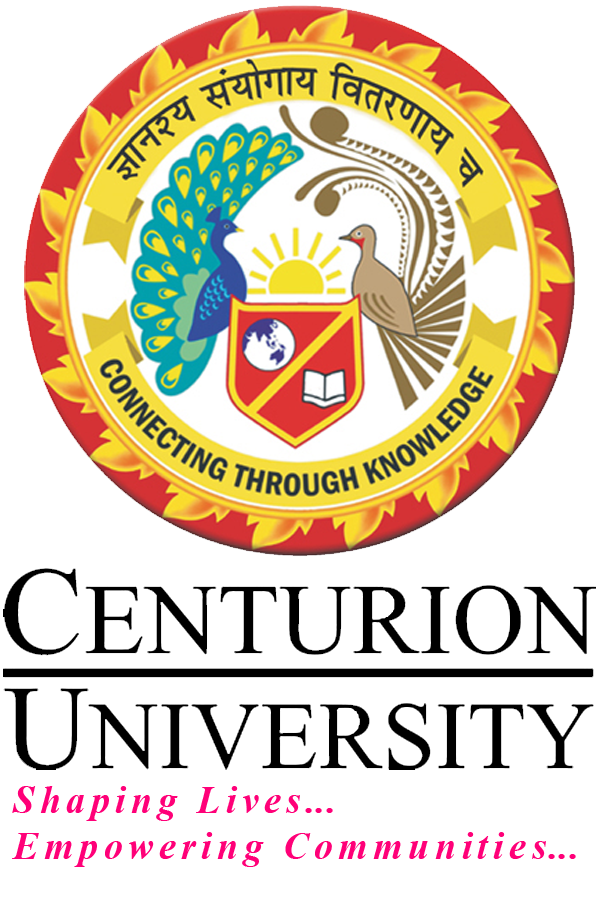Scope: Pathophysiology is the study of causes of diseases and reactions of the body to such disease producing causes.This course is designed to impart a thorough knowledge of the relevant aspects of pathology of various conditions with reference to its pharmacological applications, and understanding of basic pathophysiological mechanisms. Hence it will not only help to study the syllabus of pathology, but also toget baseline knowledge required to practice medicine safely, confidently, rationally and effectively.
Pathophysiology Theory(2nd Sem)
Course Attendees
Still no participant
Course Reviews
Still no reviews
Objectives: Upon completion of the subject student shall be able to –
1. Describe the etiology and pathogenesis of the selected disease states;
2. Name the signs and symptoms of the diseases; and
3. Mention the complications of the diseases.
Course content:
Unit I
Basic principles of Cell injury and Adaptation:
Introduction, definitions, Homeostasis, Components and Types of Feedback systems,Causes of cellular injury,Pathogenesis (Cell membrane damage, Mitochondrial damage, Ribosome damage, Nuclear damage),Morphology of cell injury – Adaptive changes (Atrophy, Hypertrophy, hyperplasia, Metaplasia, Dysplasia),Cell swelling, Intra cellular accumulation, Calcification, Enzyme leakage and Cell Death Acidosis & Alkalosis,Electrolyte imbalance
Basic mechanism involved in the process of inflammation and repair:
Introduction, Clinical signs of inflammation, Different types of
Inflammation,Mechanism of Inflammation – Alteration in vascular permeability and blood flow, migration of WBC’s,Mediators of inflammation,Basic principles of wound healing in the skin,Pathophysiology of Atherosclerosis
Unit II
• Cardiovascular System:
Hypertension, congestive heart failure, ischemic heart disease (angina,myocardial infarction, atherosclerosis and arteriosclerosis)
Respiratory system: Asthma, Chronic obstructive airways diseases.
Renal system: Acute and chronic renal failure.
Unit III
• Haematological Diseases:
Iron deficiency, megaloblastic anemia (Vit B12 and folic acid), sickle cell anemia, thalasemia, hereditary acquired anemia, hemophilia
• Endocrine system: Diabetes, thyroid diseases, disorders of sex hormones
• Nervous system: Epilepsy, Parkinson’s disease, stroke, psychiatric disorders:
depression, schizophrenia and Alzheimer’s disease.
• Gastrointestinal system: Peptic Ulcer
Unit IV
Inflammatory bowel diseases, jaundice, hepatitis (A,B,C,D,E,F) alcoholic liver
disease. Disease of bones and joints: Rheumatoid arthritis, osteoporosis and gout Principles of cancer: classification, etiology and pathogenesis of cancer
Diseases of bones and joints: Rheumatoid Arthritis, Osteoporosis,Gout
Principles of Cancer: Classification, etiology and pathogenesis of Cancer
Unit V
Infectious diseases: Meningitis, Typhoid, Leprosy, Tuberculosis, Urinary tract
infections Sexually transmitted diseases: AIDS, Syphilis, Gonorrhea
Session 1:Basic principles of Cell injury and Adaptation:
Introduction, definitions, Homeostasis, Components and Types of Feedback systems, Causes of cellular injury,Pathogenesis (Cell membrane damage, Mitochondrial damage, Ribosome damage, Nuclear damage),Morphology of cell injury – Adaptive changes (Atrophy, Hypertrophy, hyperplasia, Metaplasia, Dysplasia),Cell swelling, Intra cellular accumulation, Calcification, Enzyme leakage and Cell Death Acidosis &Alkalosis,Electrolyte imbalanceBASIC PRINCIPLES OF CELL INJURY AND ADAPTATION
Session 2: Basic mechanism involved in the process of inflammation and repair:
Introduction, Clinical signs of inflammation, Different types of
Inflammation,Mechanism of Inflammation – Alteration in vascular permeability and blood flow, migration of WBC’s,Mediators of inflammation,Basic principles of wound healing in the skin,Pathophysiology of Atherosclerosis
BASIC MECHANISM INVOLVED IN THE PROCESS OF INFLAMMATION AND REPAIR
Session 3: Cardiovascular System: Hypertension, congestive heart failure
https://www.slideshare.net/mobile/drshama65/cardiovascular-disease-3009875
Session 4:angina,myocardial infarction,
https://www.slideshare.net/mobile/anubhavsingh184007/acute-and-chronic-renal-failure-33001089
Session 5: atherosclerosis and arteriosclerosis
Session 6: Respiratory system: Asthma, Chronic obstructive airways diseases.
Session 7:Renal system: Acute and chronic renal failure.
Session 8:Haematological Diseases: Iron deficiency, megaloblastic anemia (Vit B12 and folic acid
Session 9: sickle cell anemia, thalasemia,
Session 10: hereditary acquired anemia, hemophilia
Session 11: Endocrine system: Diabetes, thyroid diseases
Session 12: disorders of sex hormones
Session 13: Nervous system: Epilepsy, Parkinson’s disease
Session 14: stroke, psychiatric disorders:
Session 15: depression, schizophrenia and Alzheimer’s disease.
https://www.slideshare.net/mobile/meducationdotnet/neurological-disorders-57450620
Session 16:Gastrointestinal system: Peptic Ulcer
https://www.slideshare.net/mobile/anieduugo/peptic-ulcer-57689431
Session 19:hepatitis (A,B,C,D,E,F) alcoholic liver
disease.
https://www.slideshare.net/mobile/flemin888/alcoholic-liver-disease-88948920
https://www.slideshare.net/mobile/NikhilVaishnav3/hepatitis-128140979
Session 20:Disease of bones and joints: Rheumatoid arthritis, osteoporosis and gout
https://www.slideshare.net/mobile/madhusudhanreddy107/diseases-of-bones-and-joint
Session 21:Disease of bones and joints: Rheumatoid arthritis, osteoporosis and gout
Session 22:Infectious diseases: Meningitis, Typhoid
https://www.slideshare.net/mobile/Maheshkumar1029/meningitis-71600507
Session 23:Leprosy, Tuberculosis
https://www.slideshare.net/mobile/GAMANDEEP/tuberculosis-120396556
https://www.slideshare.net/mobile/silky1/leprosy-29590552
Session 24:Urinary tract
infections
https://www.slideshare.net/mobile/bindupulugurtha/urinary-tract-infections-11817974
Session 25:Sexually transmitted diseases: AIDS, Syphilis, Gonorrhea
https://www.slideshare.net/mobile/doctorrao/sexually-transmitted-diseases-27165228

